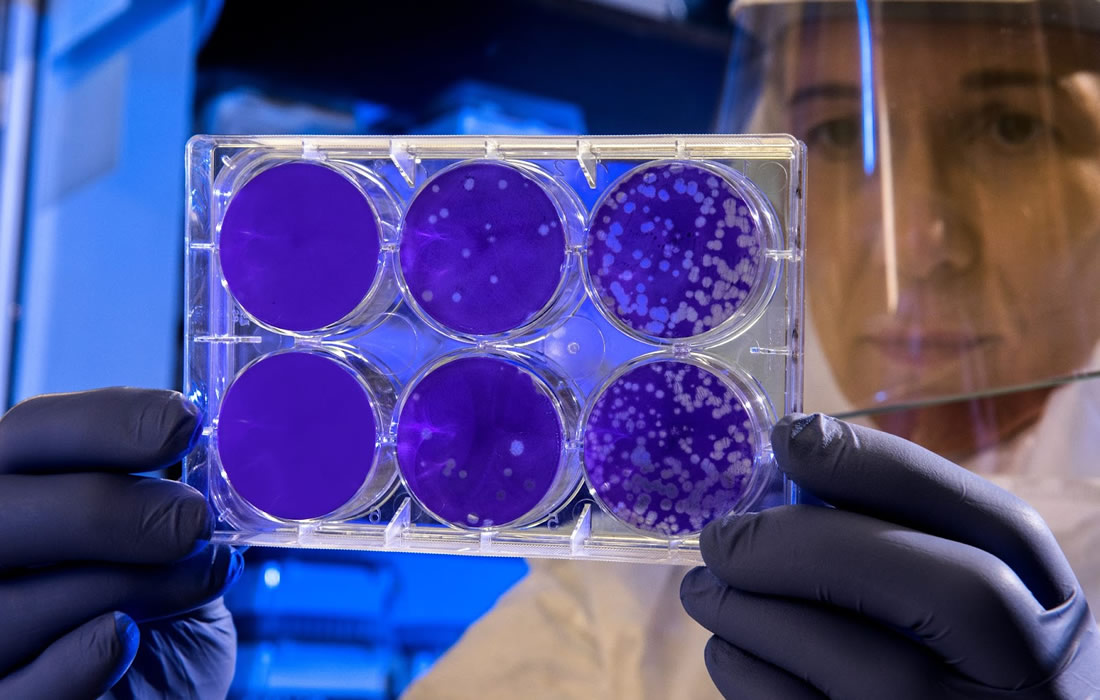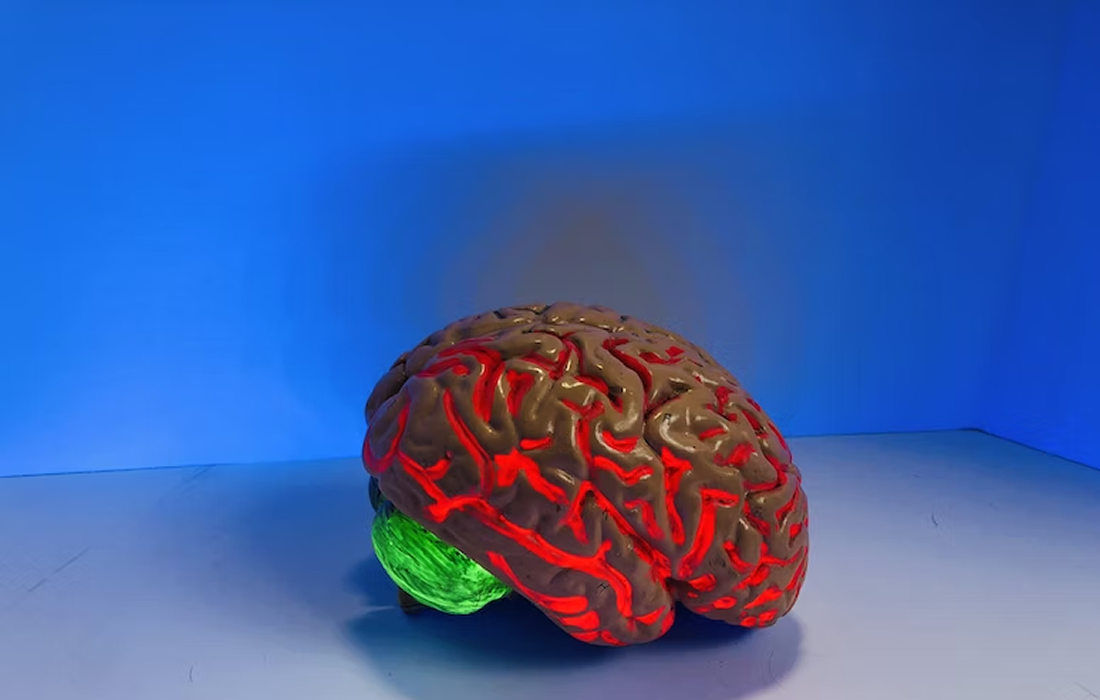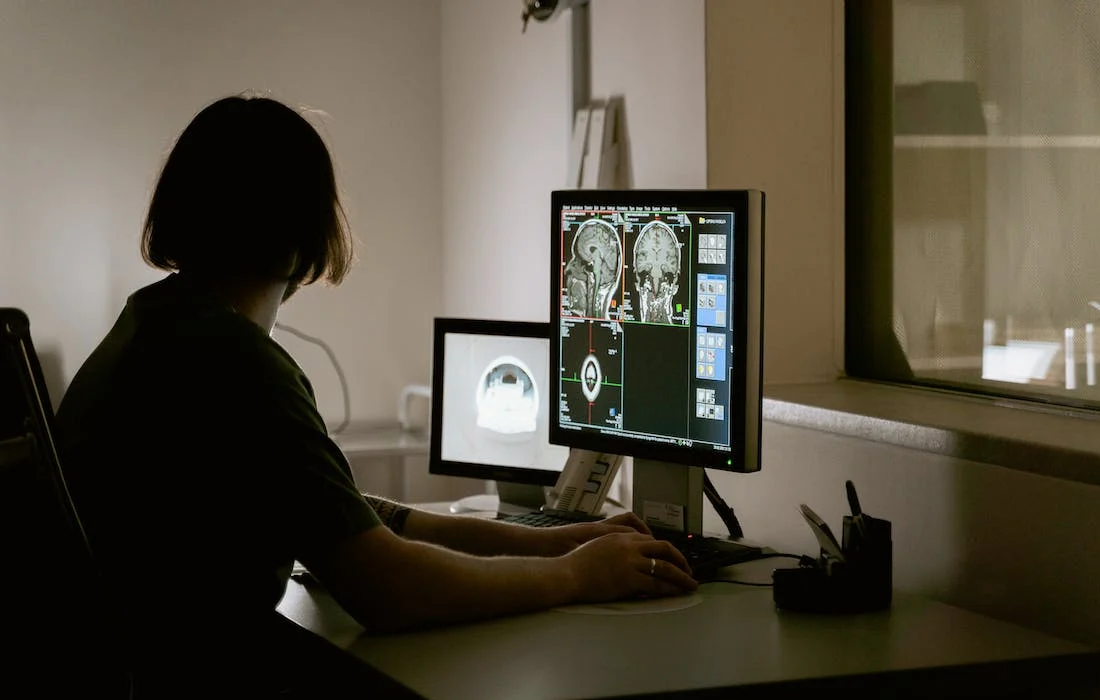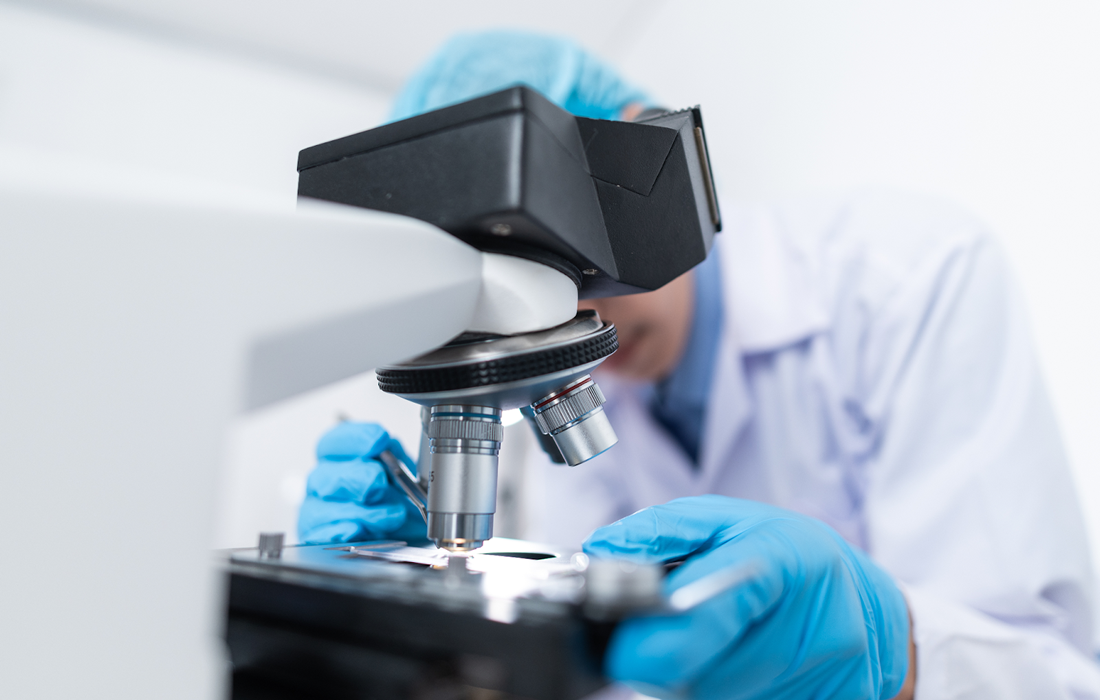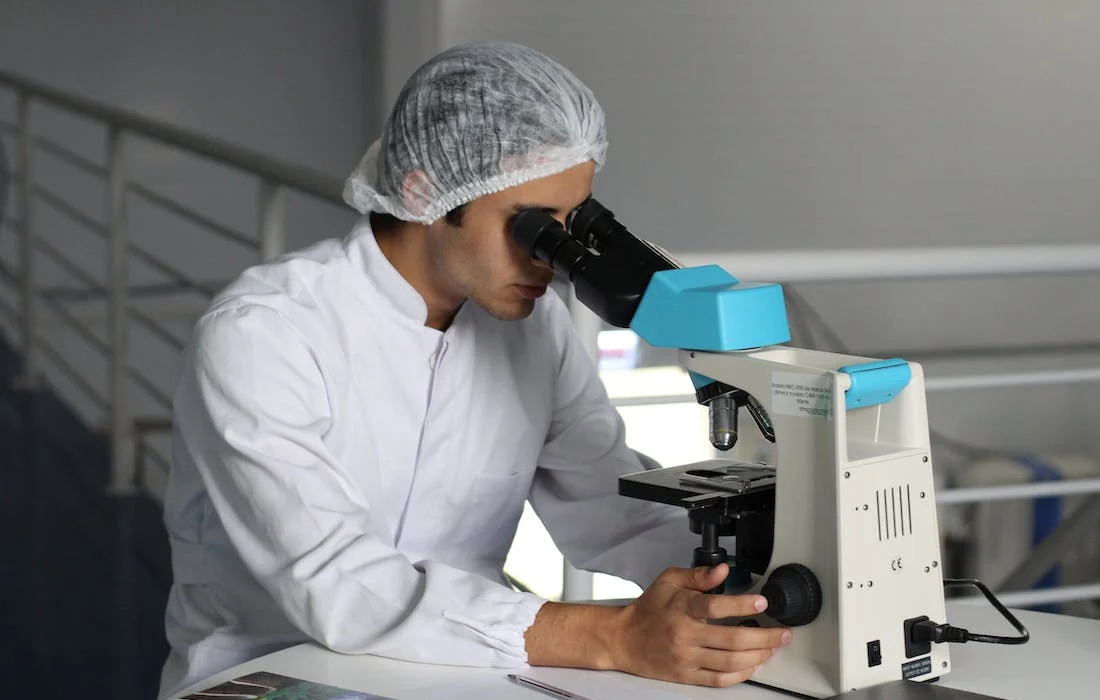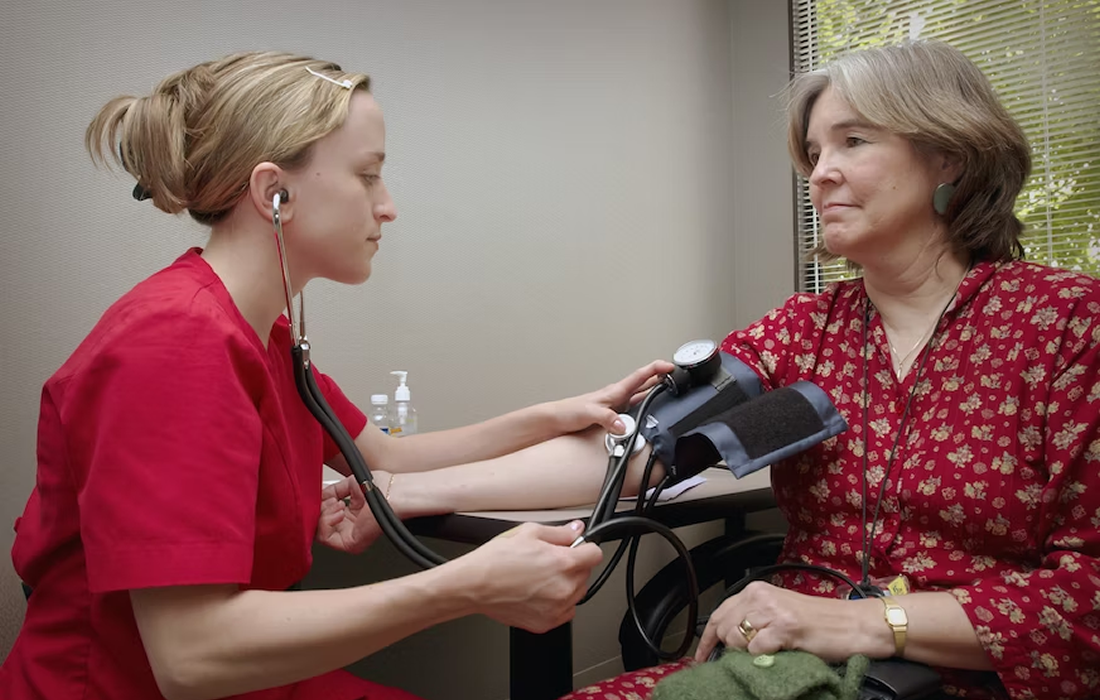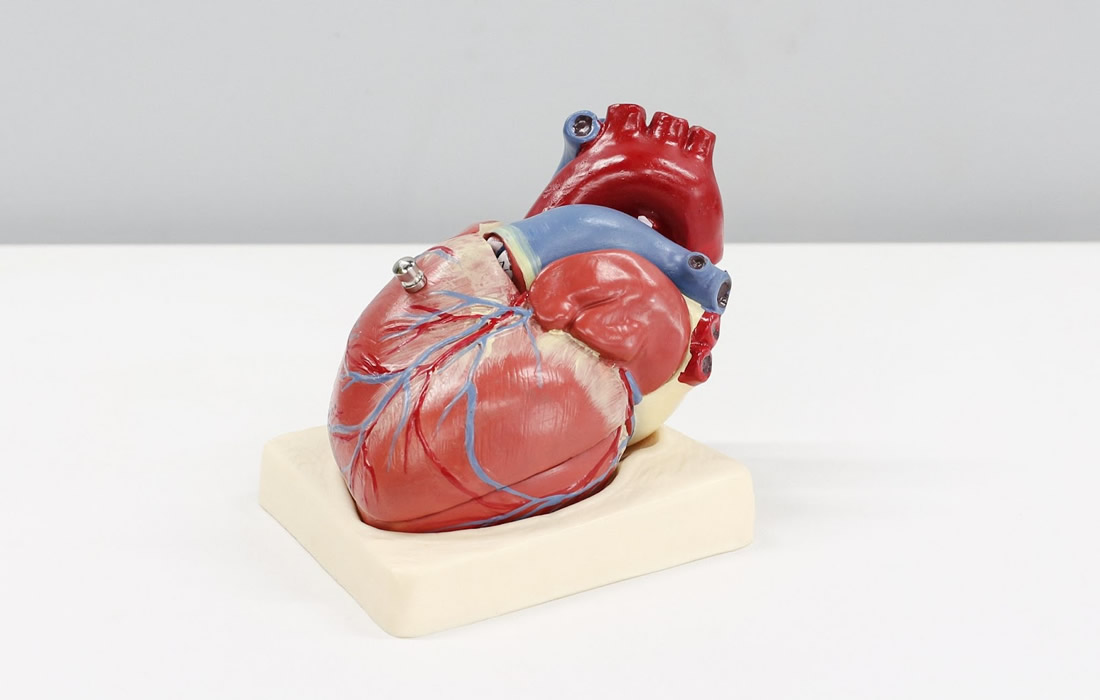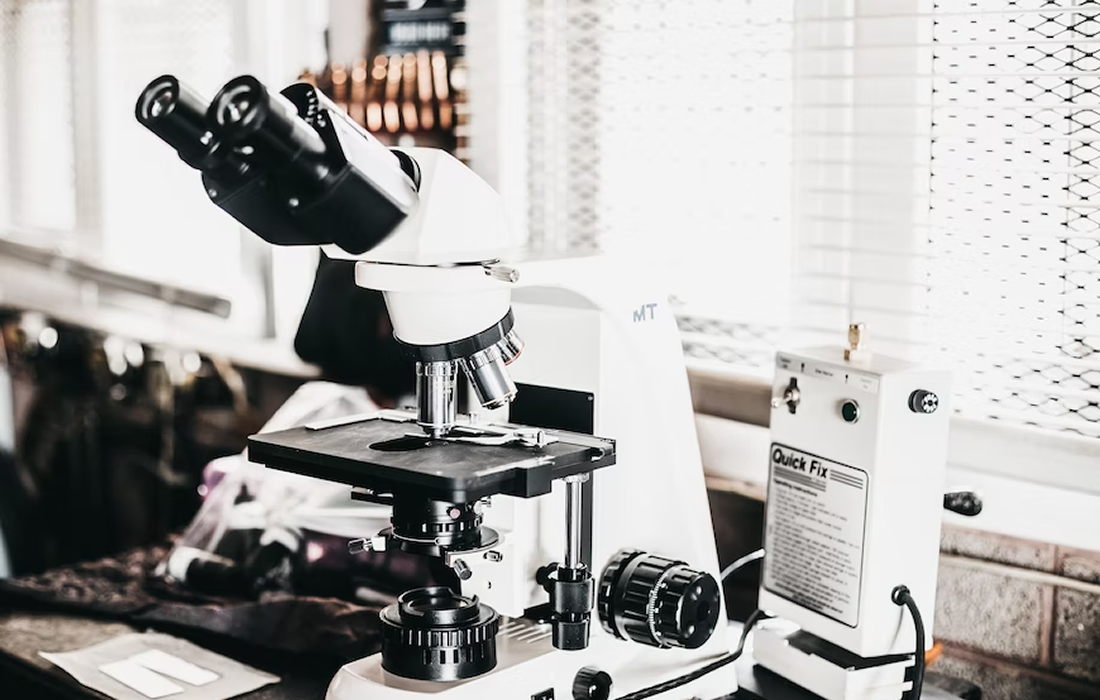Researchers at Simon Fraser University are studying the genes of superbugs to aid the development of new and effective treatments for drug-resistant bacterial infections. “Antimicrobial resistance occurs when the disease-causing bacteria has ways to overcome the antibiotics that we use in treatment for infections,” says assistant professor Amy Lee, of SFU’s Department of Molecular Biology […]
Category Archives: Regenerative Medicine News and General Information
Each year about 1.5 million people in the U.S. survive a traumatic brain injury due to a fall, car accident, or a sports injury, which can cause immediate and long-term disability. University of Maryland School of Medicine (UMSOM) researchers wanted to better understand what happens in the brain during injury, so they conducted a study […]
A recent study, published in Neuropsychopharmacology, conducted by researchers from the University of Helsinki and the University of Eastern Finland, sheds light on the mechanisms of neural plasticity induced by the antidepressant fluoxetine. Previous research by the same team showed that chronic treatment with antidepressants increased neural plasticity through direct binding to neurotrophic receptor TrkB, […]
Researchers at Boston University, USA report that the flow of cerebrospinal fluid in the brain is linked to waking brain activity. Led by Stephanie Williams, and publishing in the open access journal PLOS Biology on March 30th, the study demonstrates that manipulating blood flow in the brain with visual stimulation induces complementary fluid flow. The […]
Acetylcholine regulates blood flow, but the source of blood acetylcholine has been unclear. Now, researchers at Karolinska Institutet have discovered that certain T cells in human blood can produce acetylcholine, which may help regulate blood pressure and inflammation. The study, which is published in PNAS, also demonstrates a possible association between these immune cells in […]
It might become possible to inject proteins into specific cells in the body thanks to bacterial “nanosyringes” tweaked to target human cells. This could lead to safer and more effective treatments for a wide range of conditions, including cancer. Large molecules such as proteins can have much more specific and powerful effects than small-molecule drugs […]
A common amino acid, glycine, can deliver a “slow-down” signal to the brain, likely contributing to major depression, anxiety and other mood disorders in some people, scientists at the Wertheim UF Scripps Institute for Biomedical Innovation & Technology have found. The discovery, outlined on March 31 in the journal Science, improves understanding of the biological […]
More than 55 million people globallyTrusted Source have dementia — an umbrella term for a number of diseases causing memory loss and cognitive decline. While scientists are still not sure what causes dementia, they know certain conditions may impact whether a person develops dementia or not. One of these is high blood pressure. Previous research […]
Investigators from the Smidt Heart Institute at Cedars-Sinai have discovered that patients who have round hearts shaped like baseballs are more likely to develop future heart failure and atrial fibrillation than patients who have longer hearts. “We found that individuals with spherical hearts were 31% more likely to develop atrial fibrillation and 24% more likely […]
Biomedical engineers and medical researchers at UNSW Sydney have independently made discoveries about embryonic blood stem cell creation that could one day eliminate the need for blood stem cell donors. The achievements are part of a move in regenerative medicine towards the use of ‘induced pluripotent stem cells’ to treat disease, where stem cells are […]

